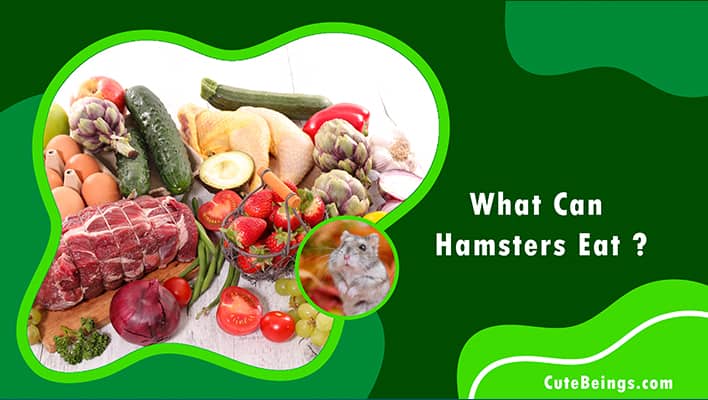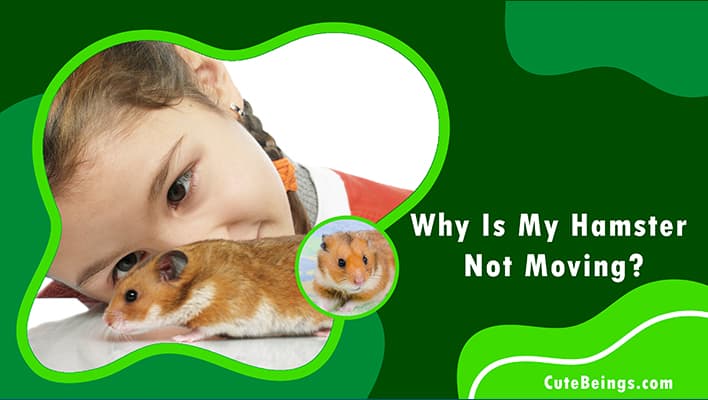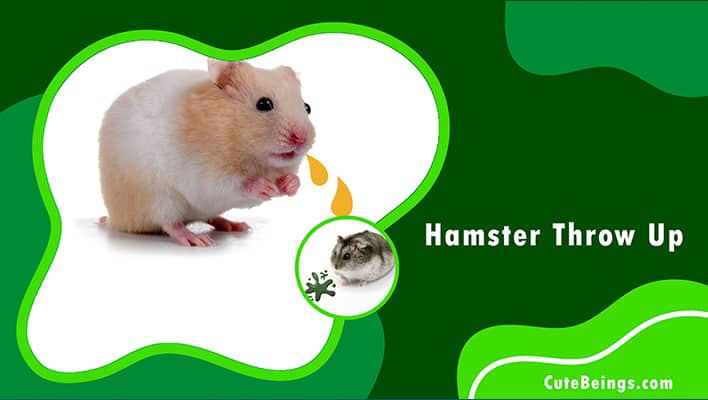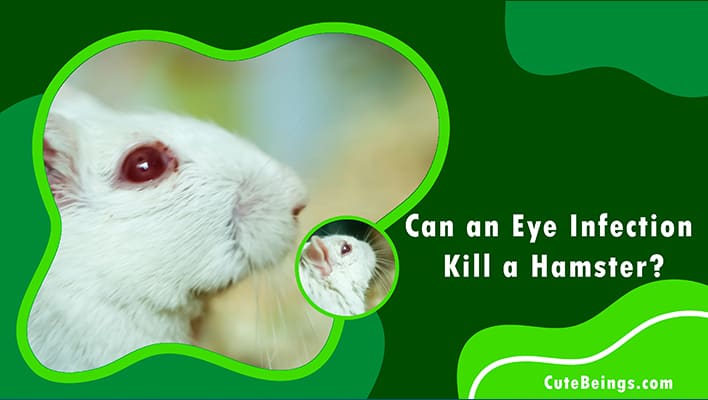Hamsters are omnivores, which means that they eat both plants and animals. In the wild, hamsters eat a variety of things such as vegetables fruits, beans, seeds, nuts, meat and insects. It is important to feed hamsters a well-balanced diet to ensure that they get all the nutrients they need to stay healthy.
Table of Contents
What Can Hamsters Eat and Drink
It is common for hamsters to be willing to try new foods. However, it is important to remember that not all foods are suitable for hamsters, and some may be toxic or harmful to their health. It is the owner’s responsibility to ensure that their hamster is being fed a balanced and nutritious diet that meets their needs.
Fruits
Yes, hamsters can eat a variety of fruits. However, not all fruits are safe for hamsters to eat. It is important to only feed your hamster fruits that are safe for them to eat, and to avoid giving them any fruits that you are unsure of. It is always a good idea to consult with a veterinarian before introducing any new fruits into your hamster’s diet.
It’s important to feed them in moderation and avoid giving them fruits that are high in sugar or acidic. Fruits that are safe for hamsters to eat include
- Acorns
- Apple
- Bell Peppers
- Blueberry
- Cantaloupe
- Cranberries
- Dragon Fruit
- Grapes
- Kiwi
- Mango
- Pomegranate
- Pineapple
- Raspberry
- Strawberry
- Watermelon
Additionally, it’s important to remove the seeds and pits from fruits before feeding them to your hamster, as these can be harmful to their health.
Vegetables
Yes, hamsters can eat vegetables as part of their diet. Vegetables are a good source of vitamins and other essential nutrients for hamsters, and can help to keep them healthy and strong. Some examples of vegetables that are safe for hamsters to eat include,
- Asparagus
- Basil
- Brussel Sprouts
- Cabbage
- Carrot
- Cauliflower
- Celery
- Corn
- Cucumber
- Green Beans
- Kale
- Lettuce
- Mushroom
- Parsley
- Potatoes
- Pumpkin
- Radish
- Spinach
- Sweet Potatoes
- Tomato
- Zucchini
Not every part of every vegetable is safe for hamsters to eat. Some vegetables have toxic or indigestible parts that should be avoided.
However, it is important to only feed your hamster vegetables that are fresh and free from pesticides or other chemicals. Additionally, vegetables should only be fed to your hamster in moderation, as part of a balanced and nutritious diet. It is always a good idea to consult with a veterinarian before introducing any new foods, including vegetables, into your hamster’s diet.
Herb
It is generally safe to give herbs to hamsters in moderation. However, it is important to do your research and be aware of any potential risks or contraindications. Some herbs can be toxic to hamsters or may have interactions with certain medications. In addition, it is important to remember that hamsters have small bodies and may be more sensitive to the effects of herbs than humans or other animals. It is always a good idea to consult with a veterinarian or a qualified herbalist before giving your hamster any herbs. They will be able to provide specific recommendations and advise you on the appropriate dosage.
Here is a list of some herbs that are generally considered safe for hamsters in moderation:
Nuts , Seeds & Beans
Yes, hamsters can eat nuts and seeds as part of their diet. Nuts and seeds are a good source of protein and other essential nutrients for hamsters, and can provide them with the energy they need to stay active and healthy. However, it is important to only feed your hamster nuts and seeds that are safe for them to eat, and to avoid giving them any nuts or seeds that are salted, flavored, or coated in any way. Additionally, nuts and seeds should only be fed to your hamster in moderation, as part of a balanced and nutritious diet. It is always a good idea to consult with a veterinarian before introducing any new foods, including nuts and seeds, into your hamster’s diet.
Animal Products
Animal-based products that can be included in a hamster’s diet, but they should be fed in moderation as treats.
Bugs
Yes, hamsters can eat bugs. In the wild, hamsters are known to eat insects and other small animals as part of their diet. In captivity, hamsters can also be fed insects as a treat. However, it is important to only feed your hamster insects that are safe for them to eat, and to avoid giving them any wild-caught insects, as these may be contaminated or carrying diseases. Additionally, insects should only be fed to your hamster in moderation, as part of a balanced and nutritious diet. It is always a good idea to consult with a veterinarian before introducing any new foods, including insects, into your hamster’s diet.
Other Foods
Fast food is not a healthy option for hamsters or any other pet. Hamsters have specific dietary needs and should be fed a diet of fresh fruits, vegetables, and high-quality hamster pellets. Fast food is high in fat, salt, and sugar, which can be harmful to hamsters and may cause them to become overweight and develop health problems. It is important to provide your hamster with a balanced and nutritious diet to keep them healthy and happy.
What Hamster Cannot Eat and Drink
Fruits
Hamsters can eat a variety of fruits as part of a healthy diet, but there are a few types of fruit that they should avoid. Here is a list of some fruits that hamsters should not eat,
Vegetables
There are many vegetables that hamsters can eat, but the following are not recommended.
Other Foods
In captivity, hamsters are typically fed a diet of commercial hamster foods like,
When a hamster eats something that it should not, it can have a variety of negative effects on their health.
Hamsters should not be fed foods that are toxic or harmful to their health. This includes foods that are high in sugar or fat, as well as those that are highly processed. It is important to provide your hamster with a balanced and nutritious diet that includes a variety of fresh fruits and vegetables, as well as a commercial hamster food mix. Avoid giving your hamster any foods that are not specifically designed for their species, as these can be harmful and may cause serious health problems like liver and kidney damage, stomach upset and difficulty breathing , obesity ,malnutrition, nervous system problems and can even be fatal. It is also important to avoid giving your hamster any foods that you are unsure of, and to consult with a veterinarian if you have any questions about your hamster’s diet.
Conclusion
In conclusion, it is important to be mindful of the foods that you give to your hamster and to ensure that they are receiving a well-balanced diet that meets their nutritional needs. There are certain foods that should be avoided due to their potential to cause harm or discomfort. It is also important to be selective when offering fresh fruits and vegetables as treats and to only offer a small amount at a time. A formulated hamster food mix that is high in protein and contains a variety of seeds, grains, and pellets is the foundation of a healthy diet for hamsters. By providing your hamster with a nutritious diet and avoiding harmful foods, you can help to keep them happy and healthy.

Hello, my name is James and I’ve been caring for tiny pets for over 14 years with a passion. I enjoy passing on my expertise to other individuals in order for them to have the same amount of enjoyment as I do.




